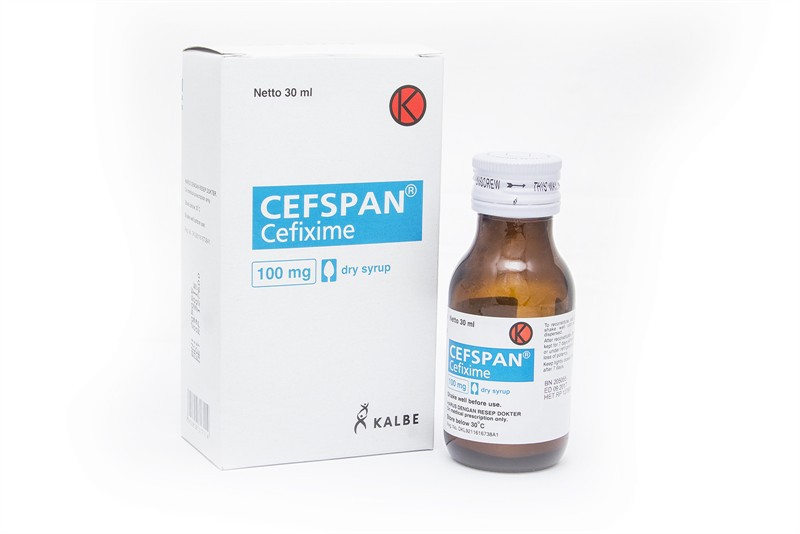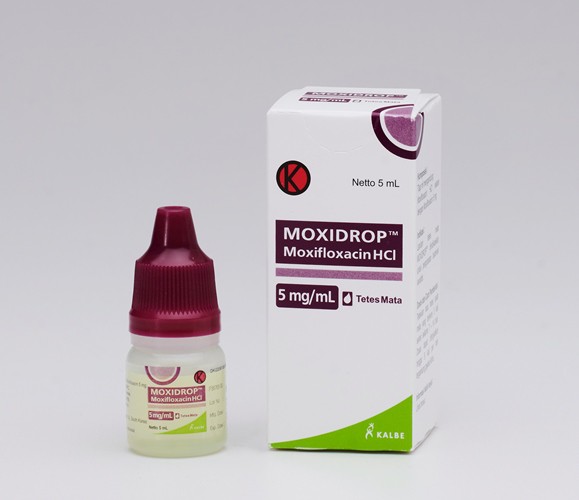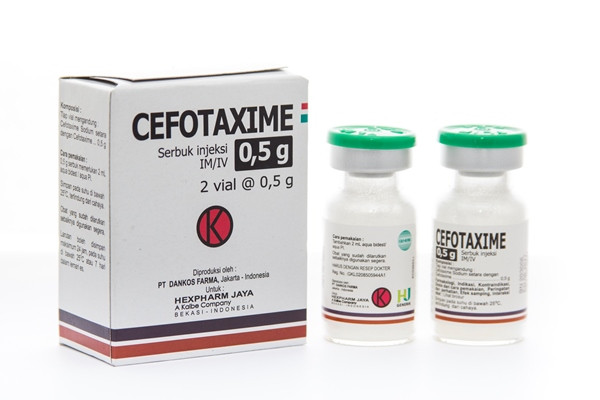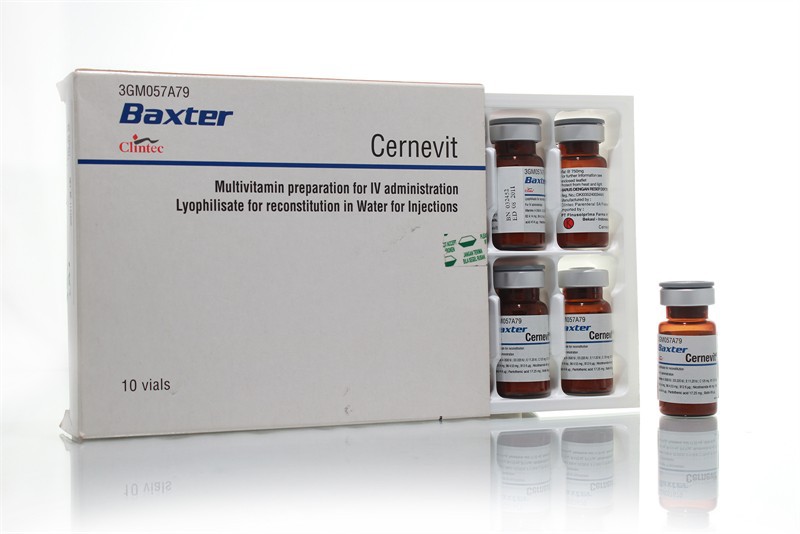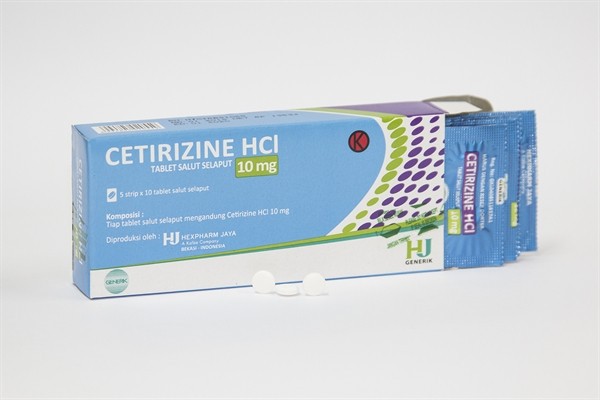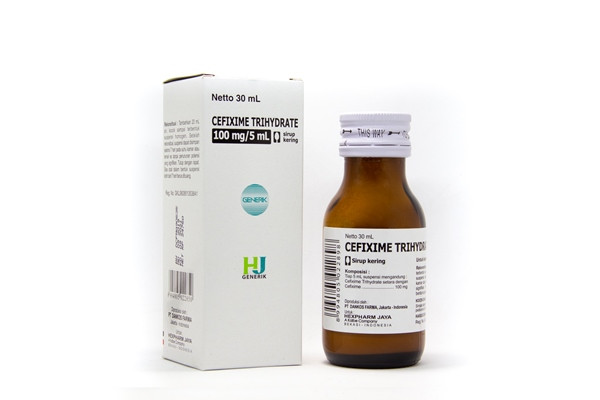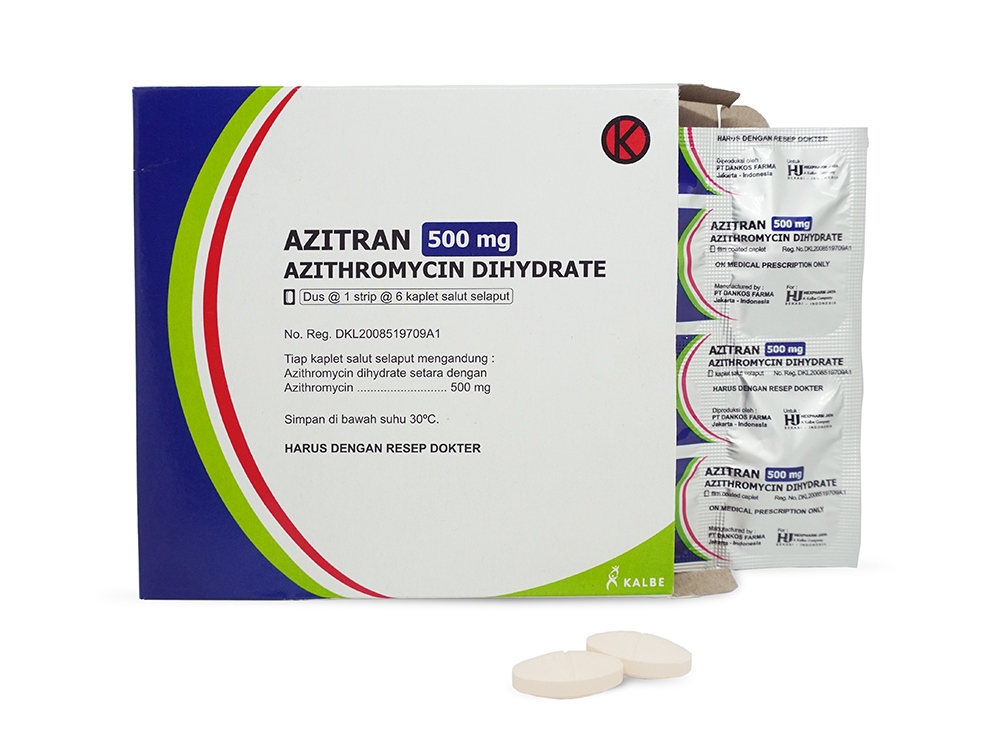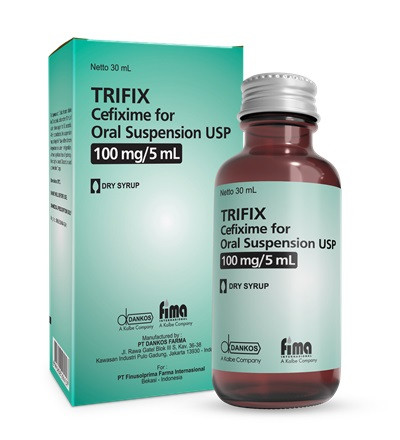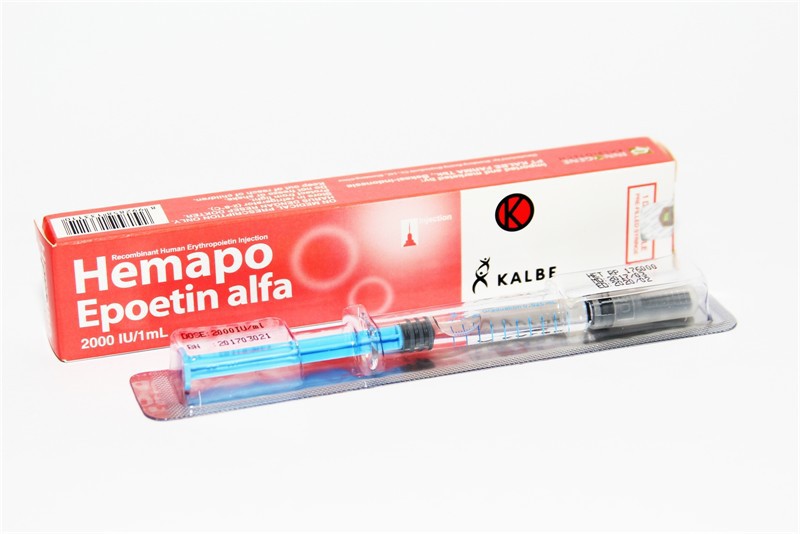
Urinary tract infection (UTI) is divided into two, namely complicated UTI and non-complicated UTI. Most UTIs are caused by bacterial infections, and infect about 150 million people per year. In the United States, health care costs for a UTI diagnosis are 3.5 billion USD per year. UTI in males can have an impact on reproductive function by having a negative effect on sperm motility and morphology.
Bacterial acute prostatitis (ABP) is a clinical condition that is often encountered in daily practice, but currently supporting data regarding the treatment and diagnosis of bacterial acute prostatitis are still limited. In cases of ABP, high-dose bactericidal antibiotics, such as third-generation cephalosporins or fluoroquinolones, are required. The disadvantage of giving this treatment is that the risk of antibiotic resistance will increase, and it can induce unwanted side effects.
This study is an observational, randomized clinical trial by dr. Pricop and colleagues wanted to evaluate the effectiveness of a fluoroquinolone versus a third generation cephalosporin as a treatment regimen for patients with acute bacterial prostatitis. Inpatients suffering from acute prostatitis received empirical antibiotics in the form of gentamicin 240 mg/day + ciprofloxacin 800 mg/day. After 3 days in hospitalization, the patient was discharged. On day 4 the patients were randomized into 2 groups. Group A received levofloxacin 1 x 500 mg, and Group B received cefixime 1 x 400 mg. Both groups received celecoxib 1 x 200 mg, and tamsulosin 0.4 mg for 21 days.1
The results of this study indicate that; the mean WBC value before antibiotics in groups A and B was 15,330.27 versus 16,679.54 (p=0,515), after therapy there was a decrease in WBC value 7338.06 versus 7,213.75. The mean value of CRP before antibiotics in groups A and B was 127.81 mg/dL versus 125.67 mg/dL, after therapy there was a decrease in CRP value. The incidence of recurrence was not significantly different between the two groups (group A: 2 and group B: 3; p>0.05). There were reports of side effects in group A 8.79% and group B 11.84% (p=0.78). Reported side effects include gastrointestinal, musculoskeletal, skin, cardiovascular and other symptoms.
The investigators concluded that the administration of fluoroquinolones and cephalosporins, with or without alpha-blockers, was effective and well tolerated in the treatment of patients with acute bacterial prostatitis.
Image: Illustration (source:https://www.osfhealthcare.org/blog/when-urinating-hurts-see-a-doctor/)
Reference: Pricop C, Puia D, Andone D, Lațcu S, Rădăvoi D, Cordoș I, et al. LEVOFLOXACIN VERSUS CEFIXIME AS AN EMPIRIC TREATMENT IN ACUTE BACTERIAL PROSTATITIS. 2021;69:6.


